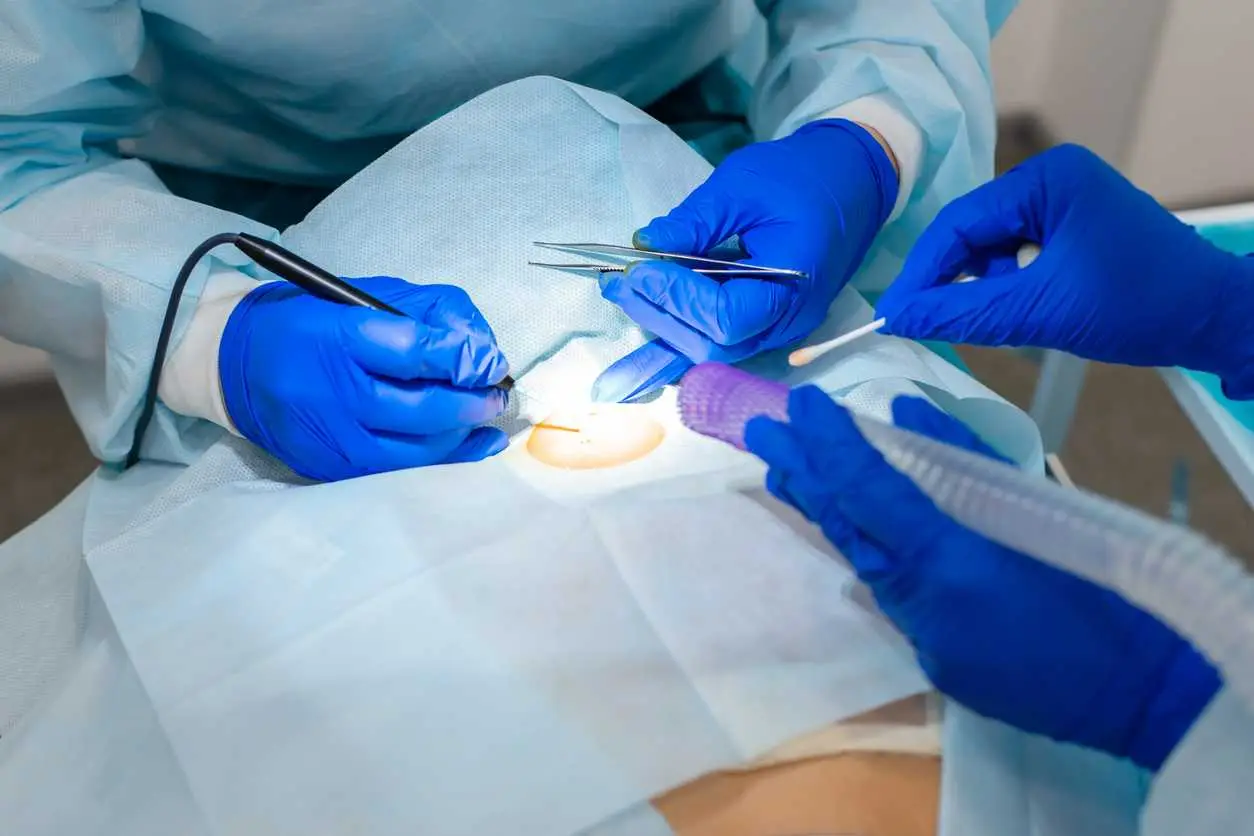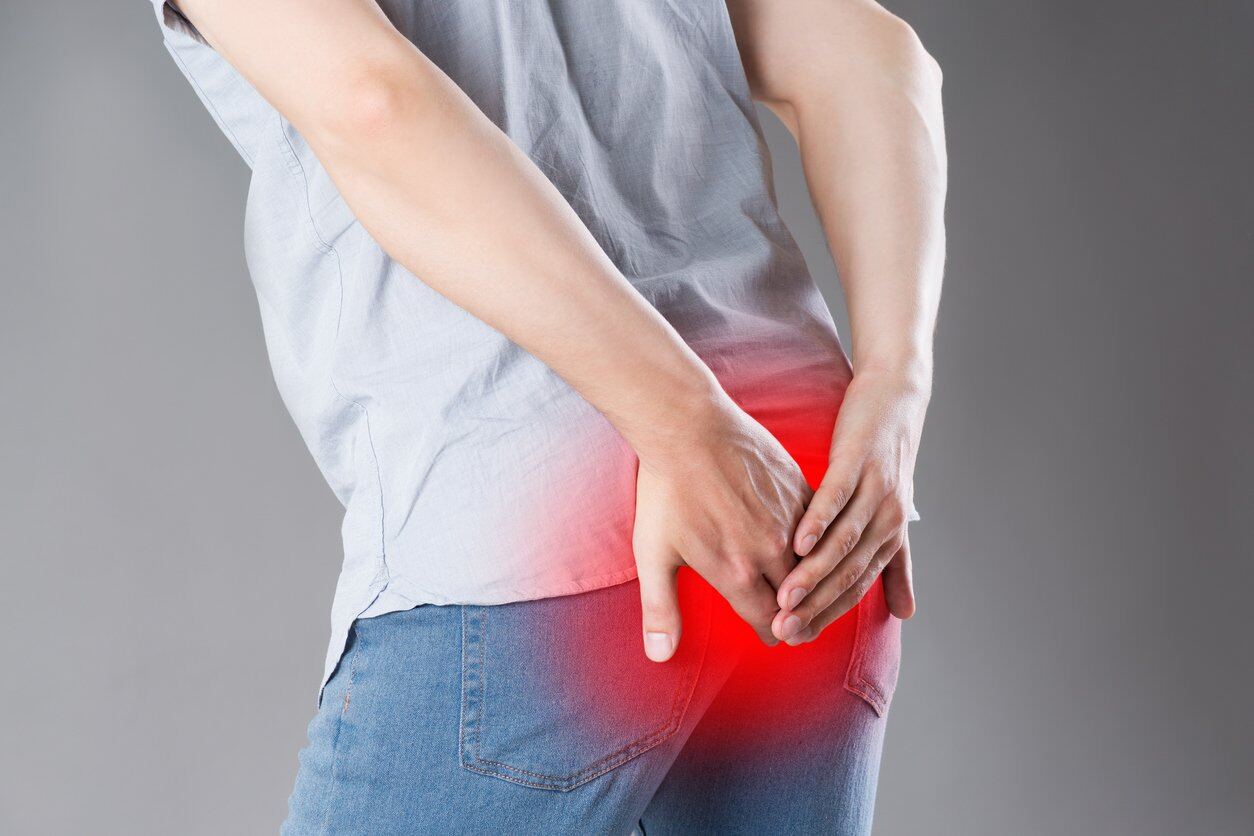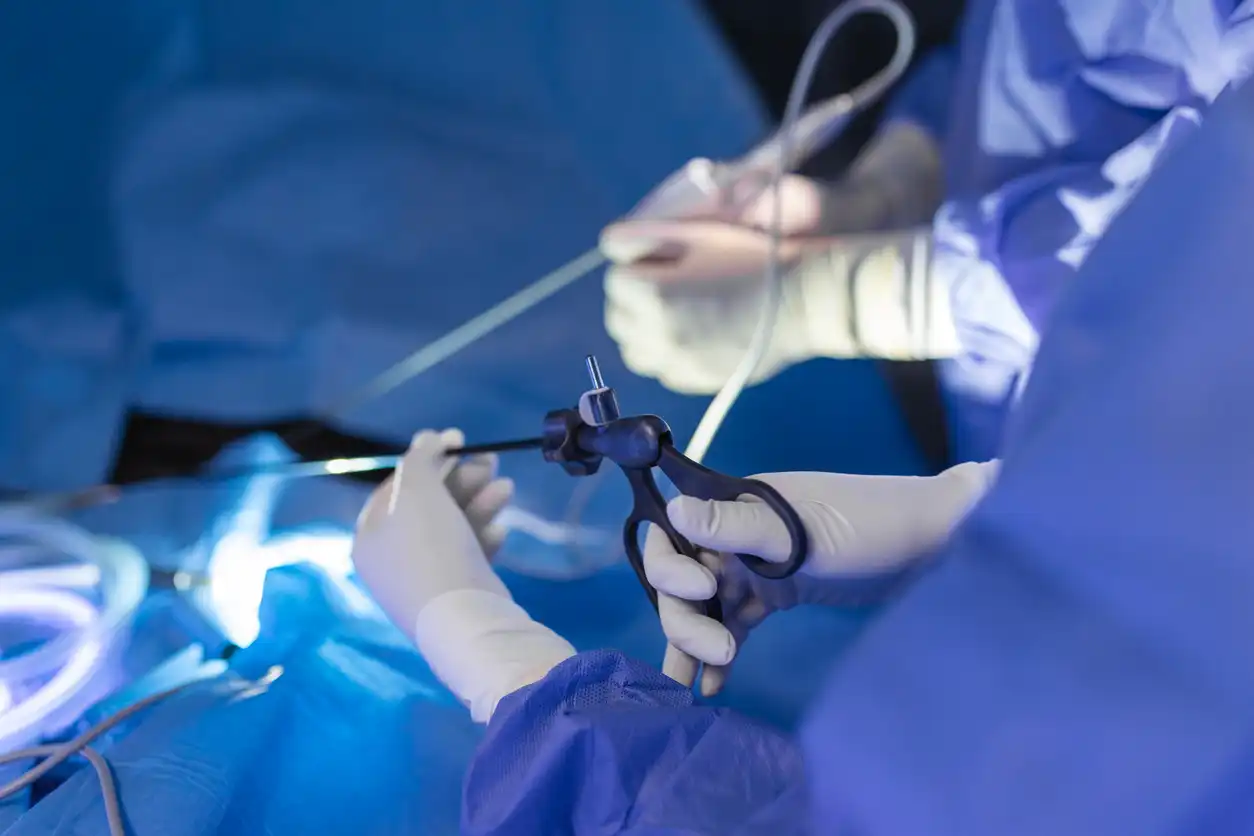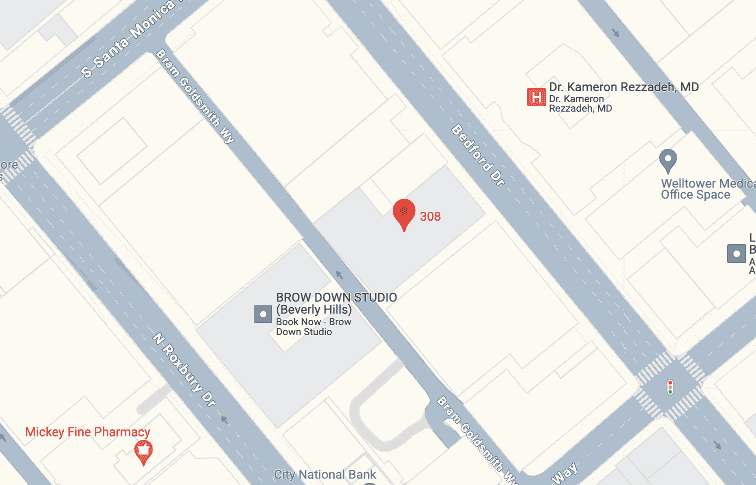“This text emphasizes the need for nutrition in healing following pilonidal cyst surgery, stressing important nutrients, foods to eat, and advice for supporting recovery and avoiding complications.”
One of the most important considerations regarding recuperation following pilonidal cyst excision surgery is nutrition. The healing process depends heavily on nutrition since it helps the body restore tissue, lower inflammation, and rebuild strength. This article will discuss the meals to concentrate on, the key nutrients to help healing following the surgery to eliminate a pilonidal cyst, and the best ways to nourish your body for recovery.
Pilonidal Cyst Excision Surgery: Knowledge
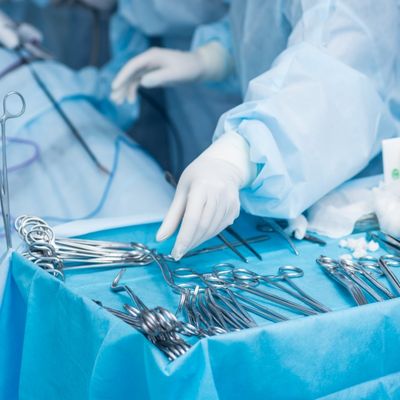
Let us first quickly review what excision surgery pilonidal cyst entails before delving into the intricacies of nutrition. Usually found close to the tailbone, this surgery removes an infected pilonidal cyst. The degree of the cyst will determine if more complicated excision surgery is needed or whether an incision and drainage is necessary. The body then has to try to mend the damage, stop infection, and restore skin integrity.
The degree of the surgery will affect the recovery duration following excision surgery for pilonidal cyst; yet, with appropriate care, you may help your body to heal naturally and hasten recovery.
How Does Diet Help One Recover?
Your recovery depends directly on the food you eat following surgery. Proper nutrition is absolutely vital for surgical removal of pilonidal cysts recovery. It aids with tissue repair, immunological function, and lowering of inflammation. Allow us to dissect how important nutrients support recovery.
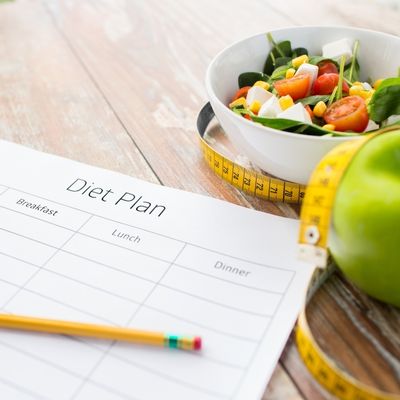
1. Protein: Foundation for Tissue Repair
Among the most critical nutrients for healing is protein. Affected tissues, including skin and muscles, which are rebuilt following pilonidal cyst removal surgery, benefit from it. The body fails to heal wounds without enough protein properly. Good sources of protein are:
- Lean beef, turkey, and chicken
- Seafood and fish
- Eggs
- Legumes akin to beans and lentils
- Dairy items
- Plant-based proteins
After verifying food specific from your healthcare provider, include a protein in your diet which will guarantee your body always gets the building blocks it requires for healing.
2. Vitamin C: Critical for the synthesis of collagen
Keeping your immune system strong after excision surgery of a pilonidal cyst reduces the likelihood of complications. The immune system is boosted, allowing the body to battle disorders that slow healing. Vitamin C boosts collagen formation, which aids wound healing.
Foods High in Vitamin C Include:
- Bell peppers
- Vegetables: Tomatoes
- Several kinds of citrus fruits, including lemons and oranges.
- Including kale and spinach, leafy greens.
- Many berries including blueberries and strawberries.
Your body will create the collagen required for post-operative repair after Including these foods in your diet.
3. Zinc aids wound healing and immunity
Zinc is essential for wound healing and immunity. It boosts cell growth, tissue repair, and infection resistance. Pilonidal cyst excision operation leaves the body open to infection, hence enough zinc intake is absolutely important.
The foods that have high Zinc quantities are as below:
- Meat, especially lamb and beef.
- Oysters and crabs are among shellfish.
- Legumes ranging from lentils to chickpeas
- Nuts and seeds; cashews and pumpkin seeds in particular
- Whole grains with quinoa and oaths
Firstly visit your doctor or healthcare provider, who will verify the zinc quantity in your diet and they will advise the supplements needed in case of a deficiency.
4. Omega-3 Fats: Lowering of Inflammation
Omega-3s reduce inflammation, improving comfort and reducing risk. The body may be inflamed after pilonidal cyst surgery. It has already been proven that Omega-3 fatty acids reduce inflammation.
The foods equipped with Omega-3 Fatty Acids are as follows:
- Flaxseeds and chia seeds
- Salmon, Sardines fatty fish, mackerel etc.
- Walnuts
- Plants-based oils including walnut and flaxseed oils
These items are easy for you to include in your diet to help with a better recovery.
5. Fiber: Boosting Gastroduction and Stopping Constipation
During recovery following excision of pilonidal cyst surgery, constipation is a typical problem particularly if you take painkillers that could slow down digestion. Foods high in fiber can assist avoid constipation and guarantee that your digestive system stays in good working order throughout recuperation.
The food items that are equipped with Fiber in high quantity, are as follows:
- Broccoli, Sweet potatoes, carrots, etc, are among the vegetables that have high fiber content.
- Pears, Apples, etc. are among the fruits.
- Barries
- Legumes include beans and lentils.
- Whole cereals, such as oats, barley, brown rice, etc are included.
This is important to prevent discomfort after surgery. In order to do so, including a range of foods high in fiber becomes vital, which will keep your digestive system active.
Water: The Undiscovered Hero
Apart from a well-balanced diet, maintaining hydration is also crucial throughout rehabilitation. Water is involved in wound healing and helps move nutrients all around the body. Particularly if you’re boosting fiber consumption, aim for at least 8 to 10 glasses of water daily to help keep things going smoothly and prevent dehydration.
Foods to Avoid During Healing
Although you should concentrate on nutrient-dense diets, several substances should be avoided or limited during recovery:
- Processed Meals: Processed diets heavy in sweets and bad fats can aggravate inflammation and impede healing.
- Excessive Caffeine and Alcohol: Too much alcohol and coffee can disrupt hydration and sleep, two vital components of recovery.
- Spicy Foods: Foods high in spices could aggravate your discomfort close to the surgery site.
The greatest way to help the healing process following surgical removal of pilonidal cysts is to maintain a clean, complete diet.
More Advice Following Pilonidal Cyst Excision Surgery Recovery
These are some more techniques meant to aid in your recovery:
- Rest: It ensures your body requires enough rest and sleep if you are to recuperate properly. Allow yourself time to heal without overdoing it.
- Follow your Doctor’s Advice: According to your doctor, Depending on your demands and degree of recovery, your healthcare professional could provide particular food advice. Make sure you closely abide by their rules.
- Steer Clear of Prolonged Sitting: Pilonidal cyst surgery should be executed, so it’s important to prevent pressure on the impacted area. If you have to sit for long, think about relieving pressure with a cushion or pillow.
In essence, Nourish Your Body for a Quick Recovery
Nutrition is crucial to pilonidal cyst surgery recuperation. Nutrition, hydration, and rest promote natural healing, reduce inflammation, and expedite recovery. Avoiding inflammatory meals and focusing on protein, vitamins, minerals, omega-3s, and fiber can speed up body restoration. Remember that we are here to help you at every level of healing so you can confidently start back. See your healthcare physician for individualized recommendations; also, act proactively to assist in your healing process.
All set to take control over your healing? Get in touch with Pilonidal Expert right now for professional guidance and encouragement on your healing path OR you can call us at (310) 439-9914!



